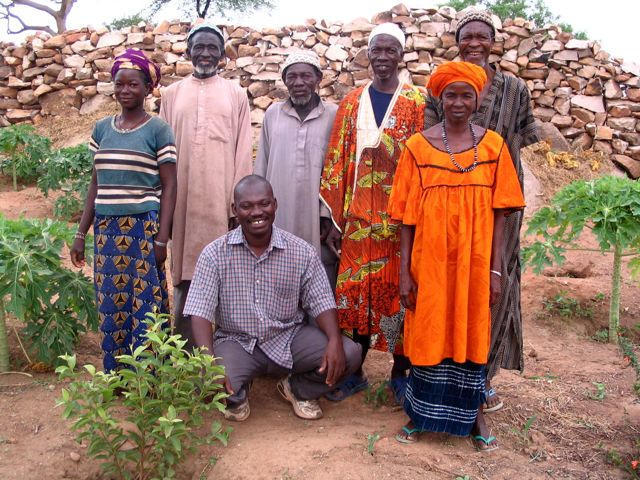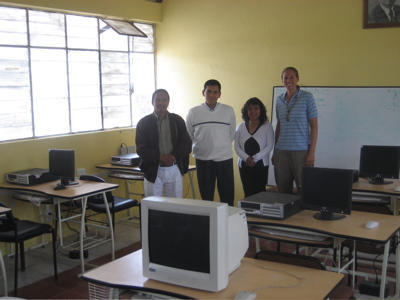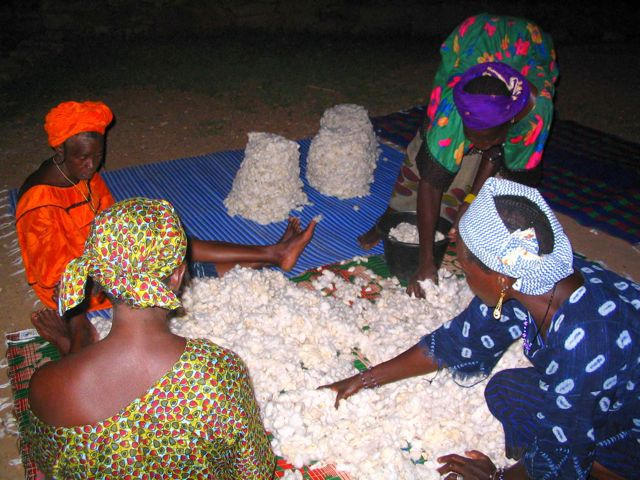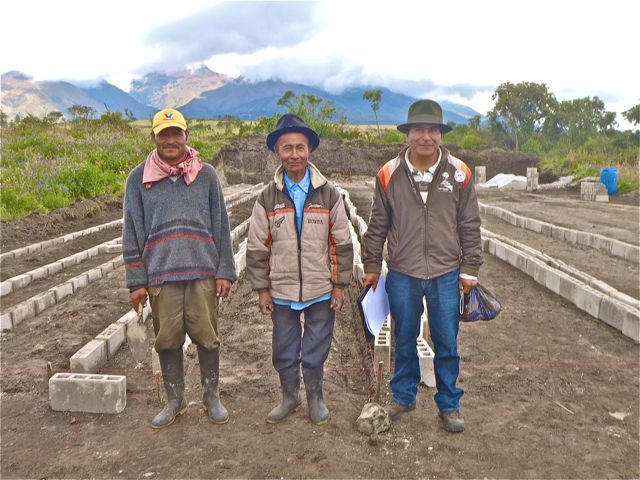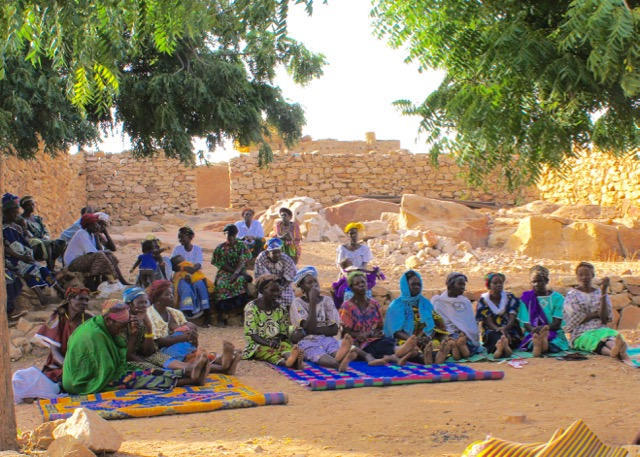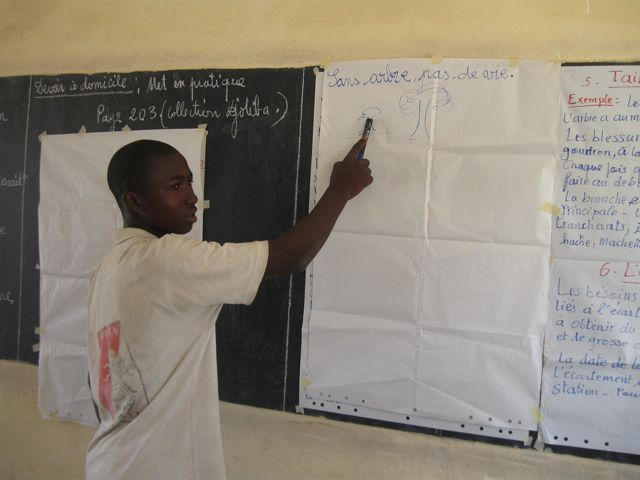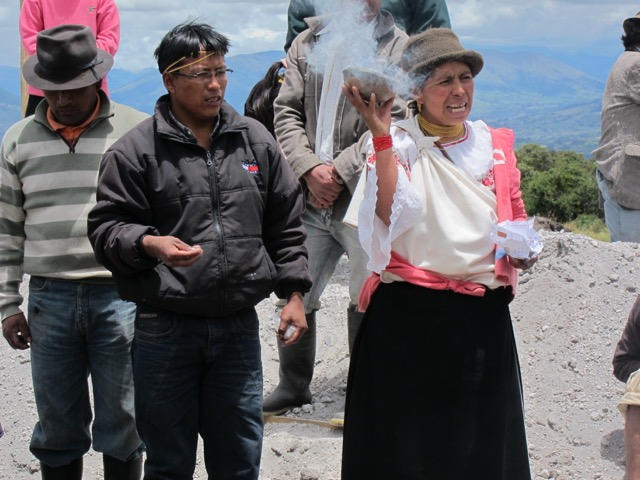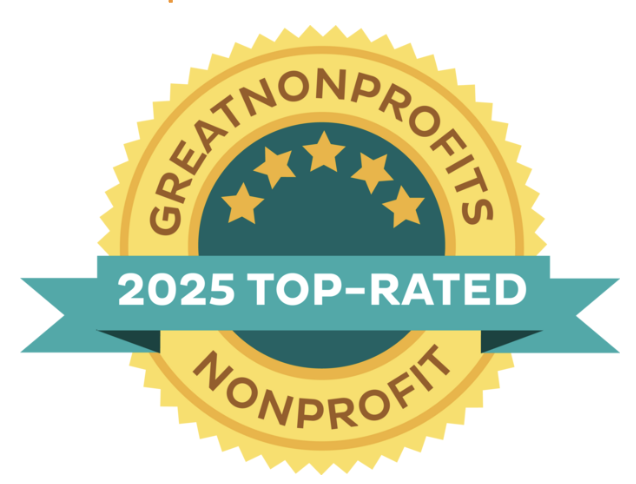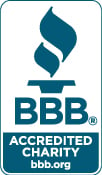Project Management
0
Local community councils, school or organization leaders, or, often, specially-formed committees manage community projects in Ecuador and Mali. These committees establish rules and practices for making sure the projects are sustained well and meet independently to make decisions about the project. Some committees fulfill a specific function, such as the tool committee, which cares for communal tools and rents them out for individual use. All committees report to the general assembly of the village.
Each member of the committee fulfills specific roles and functions important to the project's success. A grain bank committee in Mali, for example, includes a president, secretary, treasurer, salespeople, and an elder adviser. On the cotton bank committee in Kansongho, in addition to the usual offices, there is a secretary for conflict resolution, and all members are women except for one man who is charged with explaining the committee's needs to the men of the village.
Tandana provides training in how to execute these roles and also on the responsibilities of the committee for overseeing work and reporting back to the community. We encourage all community members to keep up on progress and ask committee members for status reports to ensure accountability.
With committees taking responsibility for the projects and the community as a whole overseeing committee work, the projects are assured a more successful outcome as well as more comprehensive long-term benefits. And in the process, community members gain the management skills as well as the self-confidence necessary to take on new initiatives on their own.
